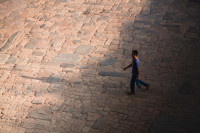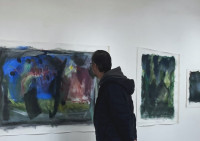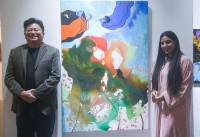Culture & Lifestyle
Another attempt to kill the messenger in Nepal
The country’s press has long carried the burden of being both a witness and a target during moments of political upheaval.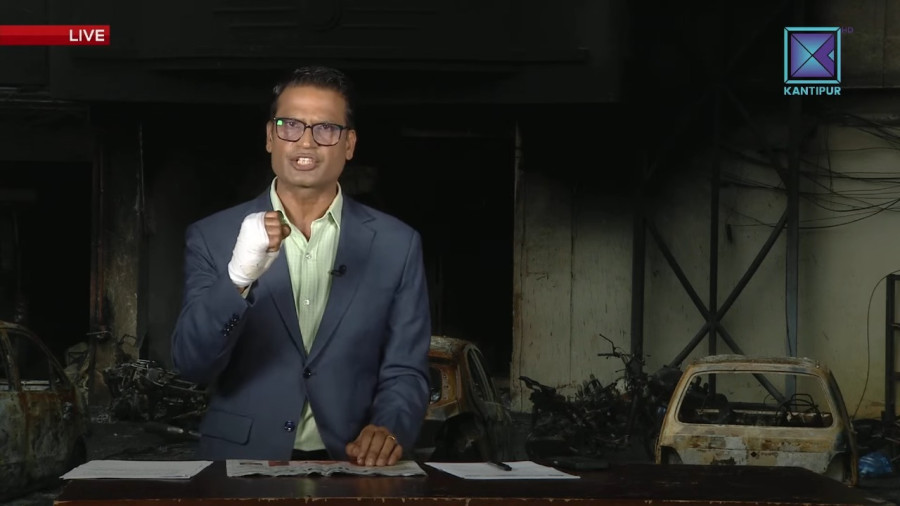
Anish Ghimire
When mobs stormed Kantipur Media Group (KMG)’s complexes in Tinkune and Thapathali on September 9, torching vehicles, vandalising studios, and injuring staff, it was not an isolated event. Nepal’s press has long carried the burden of being both a witness and a target during moments of political upheaval.
“This is not new,” says Bijay Paudel, chief editor of Kantipur TV. “We had already assumed some kind of attack could happen. It happened during the pro-monarchy protests in March 2025, during the 2006 People’s Movement, and in 2004. Every time we speak the truth, someone gets offended.”
Paudel was inside the Tinkune building when the attackers arrived. He remembers rushing colleagues downstairs, breaking open a locked door to escape, injuring his hand and seeing the reception already in flames. “When they saw us, they shouted, ‘They’re here! They’re here!’ Some of our colleagues were beaten, others were shot. Our vans and bikes were set on fire. The attacks came in three separate waves that day,” he says.
For Paudel, the motive is clear. “The media always speaks the truth. We are watchdogs. None of the old parties, new parties, or monarchists are happy with us when we call out their failures. Recently, when we opposed the government’s attempt to control social media through new laws, we became targets again.”
The destruction of media spaces has broader implications, says Chun Gurung, a former communication specialist with the UN’s human rights office in Nepal. “It’s not just about attacks on few organisations like KMG or Annapurna Post. Attacks on the press affect the public’s right to information. Nepal is a party to the International Covenant on Civil and Political Rights (ICCPR), which protects free expression. These kinds of assaults undermine democracy itself,” he says.
Attacks on the press are therefore not isolated acts of vandalism but breaches of a fundamental right Nepal has pledged to protect. The ICCPR, to which Nepal acceded in 1991, makes clear that citizens must be free to seek, receive, and share information without interference.
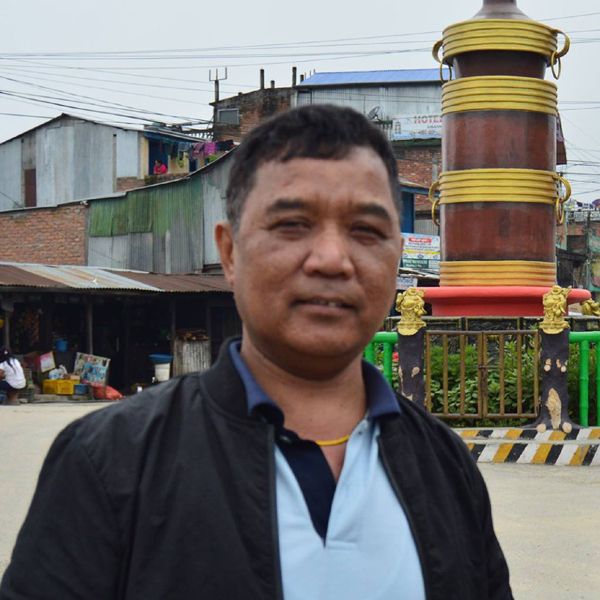
When journalists and media houses come under attack, it sends a chilling message that silences critical voices, discourages investigative reporting, and leaves the public less informed. This erosion of press freedom directly weakens democratic accountability, allowing those in power to act without scrutiny.
History shows how fragile that freedom has been. In 2005, journalists were beaten, newspapers were censored, and publications critical of the monarchy had their editions seized under King Gyanendra Shah’s direct rule. During the 2006 People’s Movement, reporters were arrested, attacked in the streets, and newsrooms raided.
Even after the democratic transition, press freedom has remained under threat—from restrictive laws, political hostility, and now mob violence.
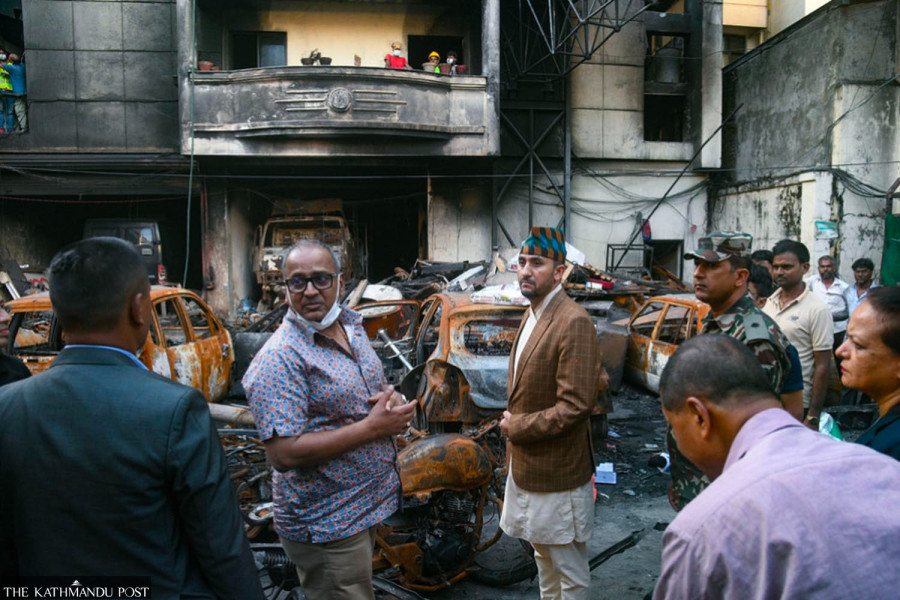
Yet, resilience runs deep. Despite the destruction, Kantipur TV returned to the air within 72 hours. “We couldn’t broadcast from our studios, so we stood among the debris and delivered the news,” Paudel says. “Our papers never stopped printing, and our social media kept updating. Even with five to seven people, injured and traumatised, we kept working. This is our duty,” Paudel says.
The attacks highlight a dangerous trend: power holders—whether monarchs, ruling parties, or interest groups—seek a media that only speaks in their favour. But as Paudel insists, “We are not that. We pointed out corruption and failures in health, education, and employment. Instead of listening, they turned on us. They hit us, but they could not shake us.”
Gurung says activists, academicians, and civil society play a huge role in speaking against such attacks. “There will be no functioning democracy without an independent press. Civil rights and people’s rights to know are likely to be jeopardised with attacks and vandalism to the press,” he says.




 22.11°C Kathmandu
22.11°C Kathmandu
